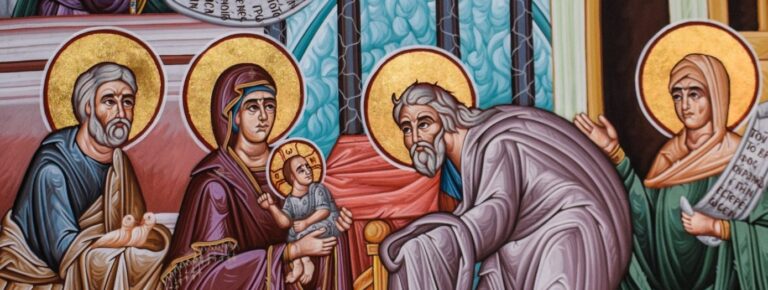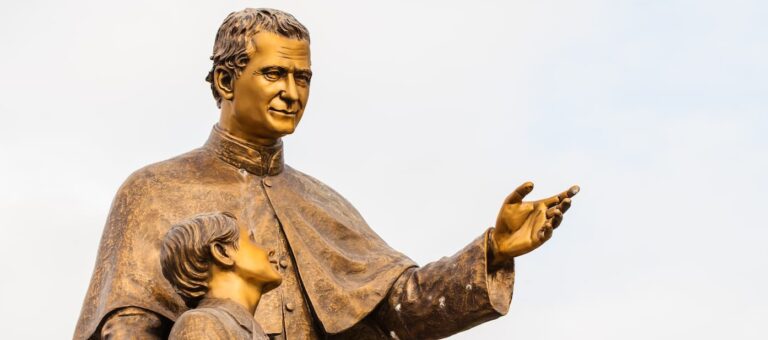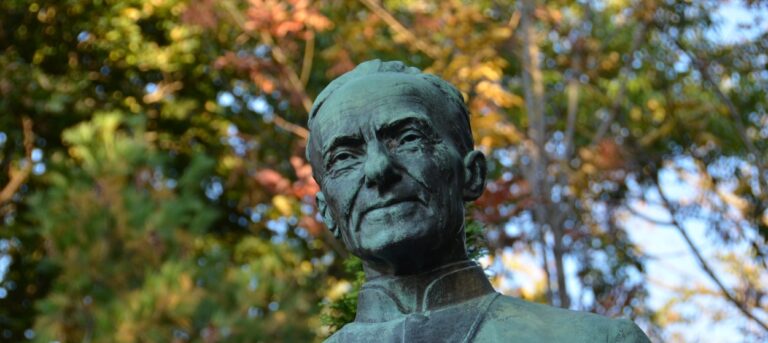
Conversion: A Lifelong Process
The work of Carvaggio, the master Renaissance artist, proves a picture really is worth a thousand words. His powerful painting, Conversion on the Way to Damascus, has forever cemented in popular culture that notion that St. Paul was riding a horse when a light from heaven flashed and he heard the voice of God. Yet nowhere in Acts, or in any of Paul’s letters, is this detail mentioned, even though the notion creeps in frequently when people talk about what moved Saul, a persecutor of Christians, to become Paul, champion of the risen Christ.
It’s a small point, perhaps, like people’s insistence that the fruit Eve offered Adam was a garden-variety apple, rather than the fruit of the tree of knowledge of good and evil. But the story of the conversion of St. Paul is spectacular enough, even without this added embroidery.
For most of us, the process of conversion is not quite so dramatic. Like Paul, we are drawn to conversion because of God’s call. But often that call is not quite so explicit as the question, “Saul, Saul, why do you persecute me?” (Acts 9.3-9)
Initially, we might not even be able to articulate exactly what the call is saying to us, because it begins with the language of the heart, with a deep yearning to be better people. The free will God has granted us requires the response to be ours, and ours alone, and it can take time before we learn to identify what that response deep within our souls really requires of us.
Conversion calls for us to repent and turn ourselves back to God. Rather than one dramatic moment captured in a work of great art, conversion is usually an on-going process: we are human, after all!
Often we get tripped up, even when our intentions are pure, and so we have to redouble our efforts to orient ourselves toward a path that leads to God. Rather than succumbing to frustration over our imperfections, we need to be honest and have faith that we can change our very nature. It is also very much an active process because we must make ourselves open to hear the call, and willing to act upon it. It is in this action, the metaphorical fall off our own high horse, which we begin the lifelong journey of conversion.
-Catherine Mulroney, Editor of Living with Christ, Canada’s companion to praying and living the Eucharist.


